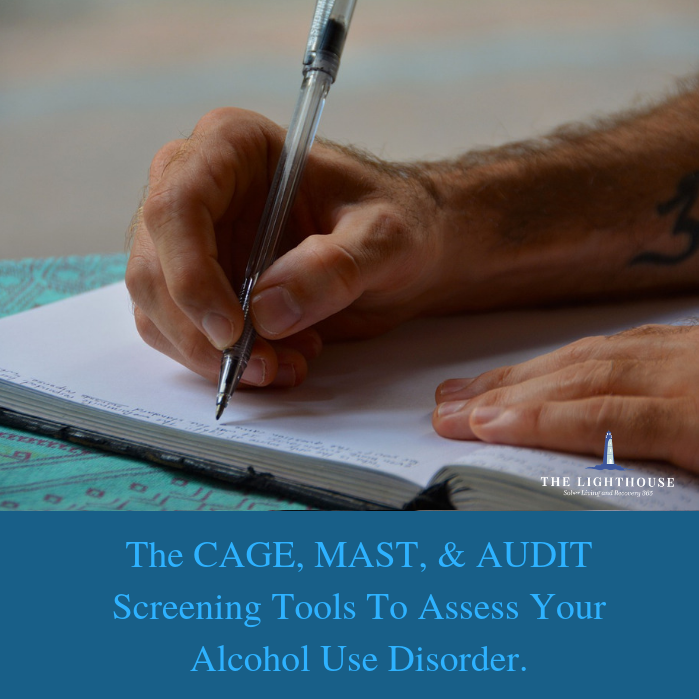The CAGE, MAST, & AUDIT Screening Tools To Assess if You have an Alcohol Use Disorder
Are you worried that your spouse might be showing signs of an alcohol substance use disorder? Often a spouse is THE last to learn the truth THAT a problem with ALCOHOL or drugs has developed. Maybe it’s because THEY DO NOT want to accept the reality THEIR spouse has become particularly well at isolating and covering THEIR tracks.
If you are concerned that your husband or wife is becoming dangerously close to developing an alcohol use disorder, there are sure signs you can look for.
Fertomid – price of fertomid in south africa, fertomid 50mg success stories, fertomid-50 bodybuilding kettlebell exercises for chest female bodybuilding at 60, female bodybuilding exercise at gym – dhyan yoga kendra.
Hiding ONE’s dependence on illicit drugs is MUCH more difficult than HIDING alcohol because society accepts drinking. Our communities welcome drinking.
If you believe your spouse is becoming dependent on alcohol here are some signs you can look for.
Signs of an alcohol use disorder
In the mind of many exists a stereotypical alcoholic – He is a bum, homeless, and alone, drinking from morning to night in the streets hiding a cheap bottle of alcohol in a brown paper bag. The person doesn’t drink, never changes his or her clothes, and has developed several mental health issues RESULTING from their drinking.
The reality of the situation is that not all alcohol-dependent drinkers live on the Bowery. Many men and women still wake in the morning, plow through a morning routine, and find their way into the office.
Does this mean that these men and women are functioning alcoholics?
No. The concept is not necessarily valid.
Because some men and women can make it through their day while managing to drink doesn’t mean these drinkers are functioning. A high functioning alcoholic manages their career, but other areas of life begin to crumble. Problems begin to develop within social and family relationships.
High functioning alcoholics find the time and excuses to pour themselves a drink whether it be on the commute into or home from work, while at the office, at lunch meetings, or during happy hour at the end of the workday.
As drinking becomes more prominent in a person’s life, other responsibilities begin to go unmet or disregarded altogether. Your spouse no longer attends social events, children’s sports games or other SOCIAL activities without alcohol.
If you find yourself making excuses for your spouse not attending social functions with you OR EXCUSES FOR THEIR drunken behavior AT SOCIAL GATHERINGS, it is a sure sign that a drinking problem has developed.
Pretending that nothing is wrong and covering up for your spouse only causes tension in the relationship.
Screening tools used to determine mild, moderate, and severe Alcohol Use Disorders.
One way you can help your spouse to recognize if he or she is developing an alcohol use disorder is to use a self-administered screening tool. In the Impaired Driver Risk Assessment Robyn D. Robertson, states, “standardized assessment instruments are available to help quickly identify current and potential alcohol problems. Generally speaking, these instruments are based upon a series of cutoff scores associated with the probabilities of a continued pattern of drinking without regard to negative consequences, such as impaired driving.”
A doctor, clinician, or recovery coach uses a screening tool to assess signs of an alcohol use disorder (AOD). There are several tools used to determine the severity and presence of a disorder. There are many self-administered screening tools. Three of the most commonly used include the CAGE assessment tool, which has four questions, the AUDIT, which has 10 questions, and the MAST which has 22-24 questions.
An Overview of The CAGE Assessment Tool
The CAGE questionnaire asks the following questions:
-
Have you ever felt you needed to Cut down on your drinking?
-
Have people Annoyed you by criticizing your drinking?
-
Have you ever felt Guilty about drinking?
-
Have you ever felt you needed a drink first thing in the morning (Eye-opener) to steady your nerves or to get rid of a hangover?[2]
When your spouse affirms two or more questions the responses indicate that there is a possibility of an AOD.

An Overview of the AUDIT
The Audit dives deeper into ONE’S behavior and relationship with alcohol.
The Alcohol Use Disorders Identification Test (AUDIT) is a 10-item screening tool developed by the World Health Organization (WHO) to assess alcohol consumption, drinking behaviors, and alcohol-related problems.
The AUDIT has two versions. One version is written to be administered by a doctor, clinician or recovery coach. The second version of the tool is a self-administered version of the screening questionnaire. For your purpose, the second version is available for you to print out and have your spouse fill-out.

An Overview of The MAST Screening Tool
The Michigan Alcoholism Screening Test (MAST).
The MAST, one of the oldest screening tools (1971) developed. It is a 22-item questionnaire which determines the relationship an individual has with alcohol. The test is self-administered and used to identify a mild, a moderate, or a severe alcohol use disorder. The test uses ‘yes’ or ‘no’ questions to determine alcohol-related behavior.
Substance use treatment programs, physicians and mental health institutions recognize the MAST as one of the most accurate screening tools, with a 98% rate of effectively identifying drinkers with a mild to severe alcohol use disorder.
The questions on the MAST relate to the patient’s self-appraisal of social, vocational, and family problems which are often attributed and associated with heavy drinking.

Many other screening tools can be used to determine the likelihood of alcohol use disorder and its severity. Follow this link for a detailed PDF guide to other screening tools and how to use each.
When a screening tool suggests the presence of an Alcohol Use Disorder
If your loved one agrees to take a self-administered screening assessment and the results identify an alcohol use disorder, further assessment is required. At this time, your spouse should speak with a trained professional concerning how to address treatment, barriers to treatment, readiness for change, and the multiple pathways to recovery available today.
If you feel you or your spouse would like to speak with a certified recovery coach concerning a self-administered assessment score email or call
Want more happiness and fulfillment in life?
Commit to your recovery.
Call Trey Laird 203-400-8065
Stay in touch and informed by following us on Instagram @thelighthousect.



